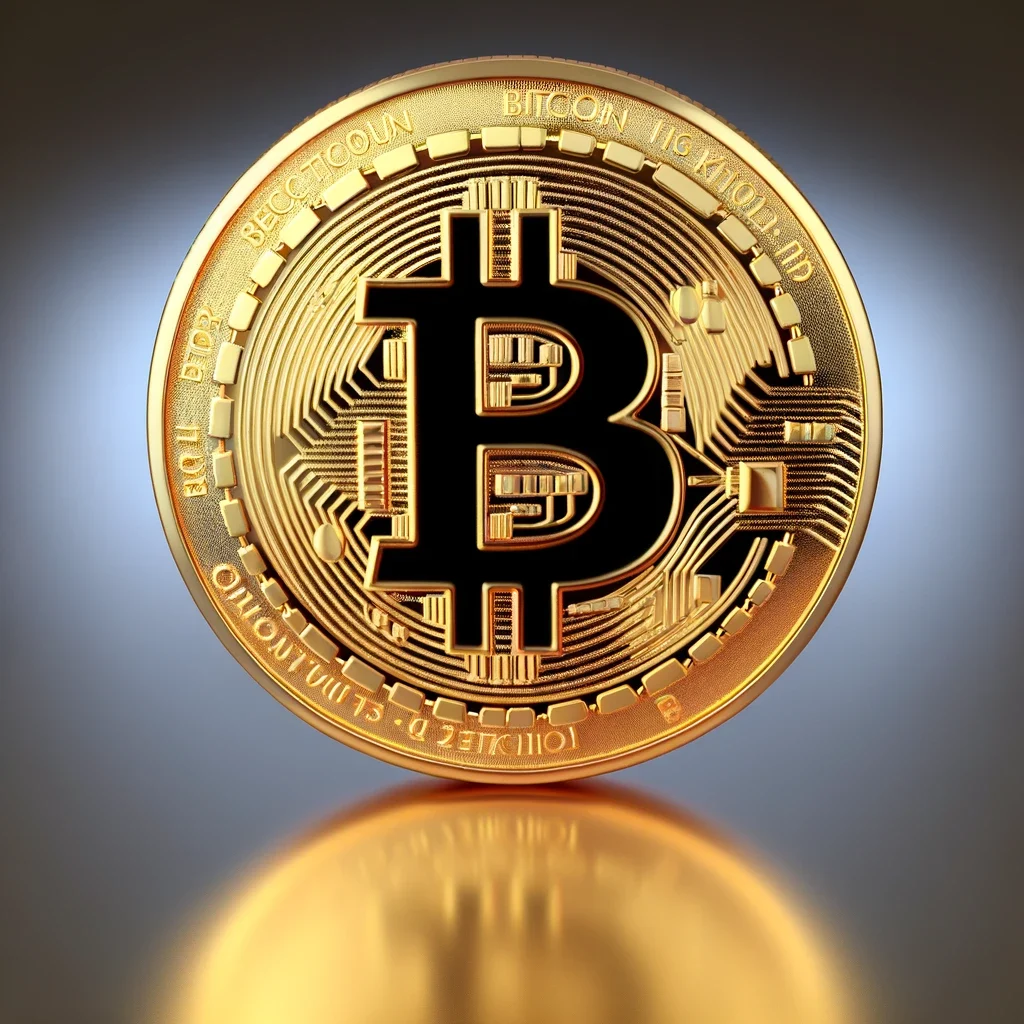In a surprising reversal of its stance on censorship resistance, bloXroute Labs, a prominent producer of Ethereum blocks, has announced that it will begin censoring blocks containing transactions sanctioned by the United States Office of Foreign Asset Control (OFAC). The decision has stirred controversy within the Ethereum community and is viewed by some as a setback for Ethereum’s commitment to censorship resistance.
Ethereum community concerns over bloXroute’s OFAC block decision
BloXroute Labs made this policy change public, stating that all of its Maximal Extraction Value (MEV) relays would reject block bids if they contained OFAC-sanctioned transactions. OFAC transactions interact with wallets sanctioned by the United States government, a move aimed at complying with local laws and regulations.
This decision affects all of bloXroute Labs’ MEV relays, including the “bloXroute Max Profit” relay, which is the second largest censorship-resistant MEV relay, having produced over 380,000 blocks since the Ethereum Merge on September 15, 2022.
While bloXroute Labs maintains its commitment to Ethereum’s decentralization and permissionless nature, it now finds itself in the midst of a debate over the balance between adherence to local regulations and preserving the principles of a censorship-resistant blockchain.
Concerns over precedent
This policy shift by bloXroute Labs has raised concerns within the Ethereum community, with some members expressing worries about the implications for the industry. Lachlan Feeney, CEO of Australian blockchain development firm Labrys, commented, “This sets a concerning precedent for the industry.
Feeney emphasized the importance of avoiding censorship at the protocol level and instead applying rules and regulations at the application level, akin to how the internet operates.
Given that Ethereum is a global infrastructure, there are concerns that other countries may follow suit and enforce their sanctions, potentially making it exceedingly challenging to construct a block that complies with all global regulatory regimes. Questions arise regarding the legitimacy of these sanctions and their impact on businesses, particularly those based in the United States.
The state of censorship on Ethereum
As of now, approximately 36% of Ethereum blocks are censored due to the presence of OFAC-sanctioned transactions. This percentage has decreased from a peak of 78% on November 20 but has consistently hovered between 30% and 40% since March.
This issue became prominent when Ethereum transitioned to proof-of-stake on September 15, 2022.
The United States Office of Foreign Asset Control initiated sanctions on specific wallet addresses linked to criminal activities and transactions originating from cryptocurrency mixers like Tornado Cash, intensifying the debate surrounding censorship on the Ethereum network.
MEV relays play a significant role in extracting value from the blockchain by manipulating transaction order, which often comes at ordinary users’ expense. In response, MEV-Boost relays were introduced to mitigate these adverse effects.
Balancing act between compliance and neutrality
While it remains unclear whether bloXroute Labs was compelled to comply with these regulations, the decision was not taken lightly. Acknowledging that their relays’ win rate would diminish, the company has chosen to navigate the complex landscape of blockchain regulation, raising questions about the trade-off between censorship resistance and regulatory compliance.
This development highlights the ongoing challenges that blockchain projects and participants face as they seek to balance the principles of decentralization, censorship resistance, and adherence to local laws. As a leading blockchain platform, Ethereum is at the forefront of these debates, and the decisions made by projects like bloXroute Labs will undoubtedly have a lasting impact on the broader blockchain ecosystem.





